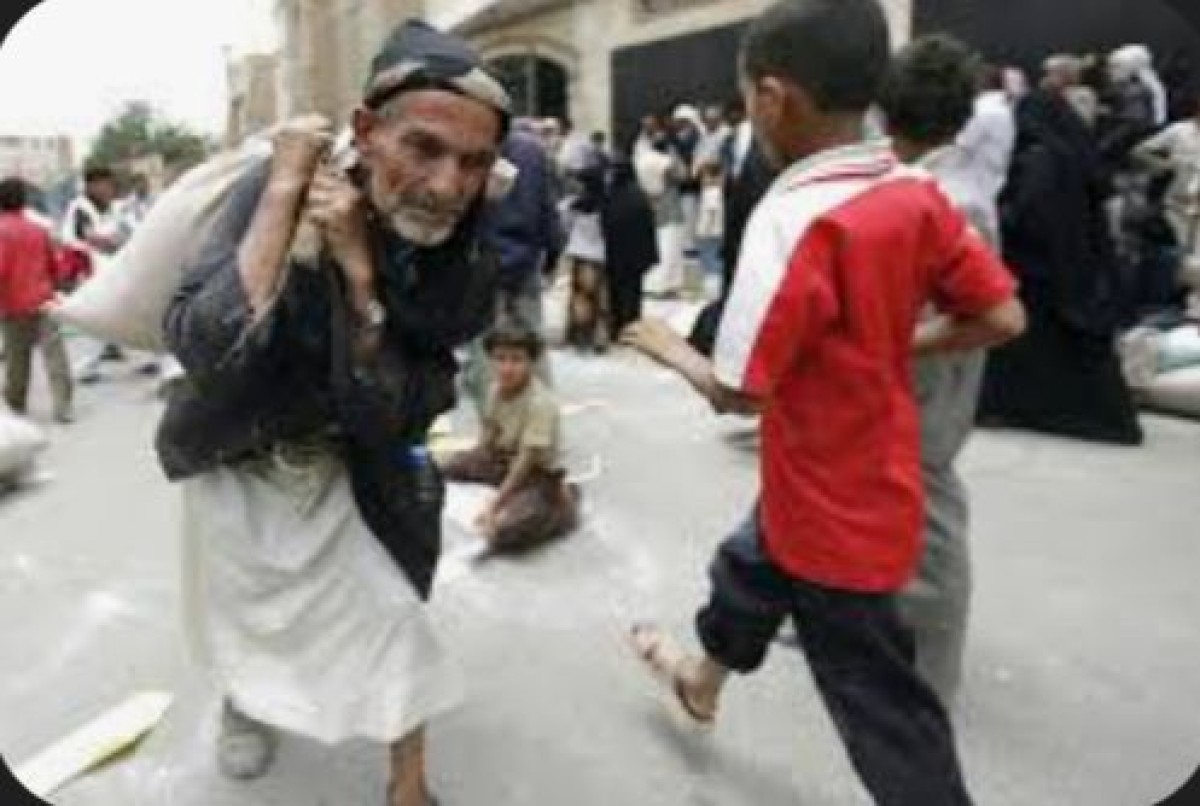The growing state of popular discontent in areas controlled by the Houthi group


Political and human rights sources reported an increasing state of popular discontent in areas controlled by the Houthi gang, as a result of the gang’s political performance since its coup against the state 10 years ago.
The sources described this situation as “strange and unprecedented” compared to ruling regimes throughout history, pointing to the Houthi gang leader’s addiction to weekly sermons and lectures, while citizens live in harsh living conditions due to the group’s continued cutting of employees’ salaries and plundering them to finance its leaders and sectarian projects.
They stressed that the Houthi gang cares more about the situation in Lebanon and what the Hezbollah militia has been exposed to, for weeks, than what the citizens have suffered in the areas under its control for 10 years.
They pointed out that the frequency of sectarian speeches, lectures, and events is constantly increasing and draining state funds, while employees receive only a salary or half a salary annually.
The areas controlled by the Houthi gang have suffered a significant deterioration in living conditions since their coup against the state in 2014.
Citizens in those areas live under stifling economic conditions as a result of the cessation of payment of salaries to government employees for years.
On the other hand, the gang continues to impose extensive levies and royalties on various segments of society, including merchants, farmers, and small business owners.
These levies are used to finance their military activities and sectarian projects, with complete disregard for the basic needs of the population, including paying employees’ salaries.
The gang also imposes double taxes and fees on basic services such as electricity and water, in addition to forcing citizens and merchants to pay for the so-called “war effort.”
These conditions are exacerbated by the rise in prices of basic commodities and the weak purchasing power of citizens, which has led many of them to rely on humanitarian aid to survive, while the gang leaders live in luxury at the expense of the suffering of citizens.
All of these factors have led to increasing popular discontent in areas controlled by the Houthi gang, amid growing dissatisfaction with the gang’s policies, its ongoing violations, and its continued ignoring of the crises that afflict the lives of citizens, according to observers.